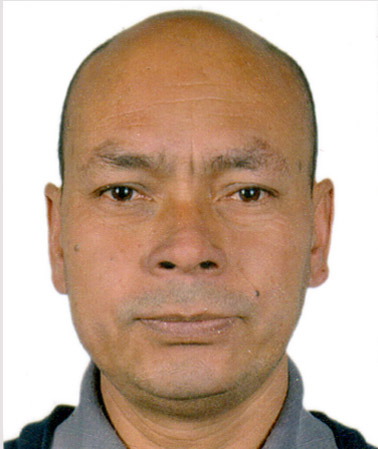Officially imposing a total ban on education and educational institutions, Nepal's hereditary Rana rulers who ruled Nepal for 104 years (1846 -- 1950) set up psychological patterns of flattery, nepotism and favoritism, constantly institutionalizing and crystallizing them during their period. Those psychological patterns, visible in the everyday behavior of all theNepali parties and the majority of their workers strongly exist even today, despite some changes in appearances. As a result, institutionalizing democracy and republic still remains a tough challenge in Nepal.
Substituting the age-old monarchy, Nepal entered a new phase of federal democratic republic in 2008. But this has become a mere constitutional ornament. The same privileged classes based on wealth and individual access to resources are dominant decision-makers in every sector. This remains a stark reality in Nepal even after the nine years of declaration of republic.
Unfortunately, republican features are yet to be developed. Scanty research has been conducted over this issue. Old and traditional patterns of democracy seem to be the greatest hurdle in creating and activating new republican structures and to make people feel the difference.
Converting dull-minded voters into analytical citizens is a serious business. Political parties, dominant in the Nepali political market, have to ardently and steadfastly work to democratize their own internal decision-making processes before they grow intelligent enough to apply democracy and republic at grassroots levels. So far a few party bigwigs personally take decisions and get them stamped by the party in the style of village landlordism widely practiced in the feudal era.
While social injustice remains all-pervasive, spiral of silence scales up, shaping a decomposing atmosphere that generates ill-culture, inequality and poverty. Similarly, under neofeudalized patterns protected by oligarchy, rampant anti-women violence makes its strong presence, while domestic violence, all-pervasive gender discrimination, ritualistic killings, labor bondage, and state-sponsored human trafficking are perceived as common cultural practices.
Moreover, institutional and structural corruption has doubled poverty, catapulting millions of youths to the Gulf region for manual labor. The amount of wealth under the few cannot be considered a genuine economic growth. Mass poverty can be seen in the broad daylight.
State practices are dedicated to undocumented and nontax-paying brokers, with lots of invisible layers. The nation has not been able to collect taxes properly and adequately because of massive unregistered brokership coupled with rigidified corruption, top to bottom.
The greatest challenge to implement republic in Nepal lies in the issue of accountability, transparency and just distribution of resources. So long as leading political parties are helpless about disclosing the funds they collect to run their parties, their governments cannot do anymore to institutionalize transparency. So long as parties are not able to investigate and punish their mafia-connected leaders and workers, leading parties will not be able to run a government accountable to people. So long as the leadings parties cannot work to willingly end the Rana-era patterns of flatterism, nepotism and favoritism, they are not likely to develop a statemanly character to drive the nation well.
Without the development of a statemanly character, political parties can neither run internal affairs nor handle internationalrelations in a proper manner. The expected statesmanship can be possible only through the process of moral and mental development, without which no other human spheres can ever be developed. But the educational system itself is too anarchic to facilitate an environment for people's moral and mental development.
These are some of the basic issues worth considering, while the Nepalis remind themselves of their republic promulgated nine years ago, and especially at a time when the neo-fedualization of republic is going on, something ignored even by civil society forces, who often claim to have been super-fighters for republic and human rights.





